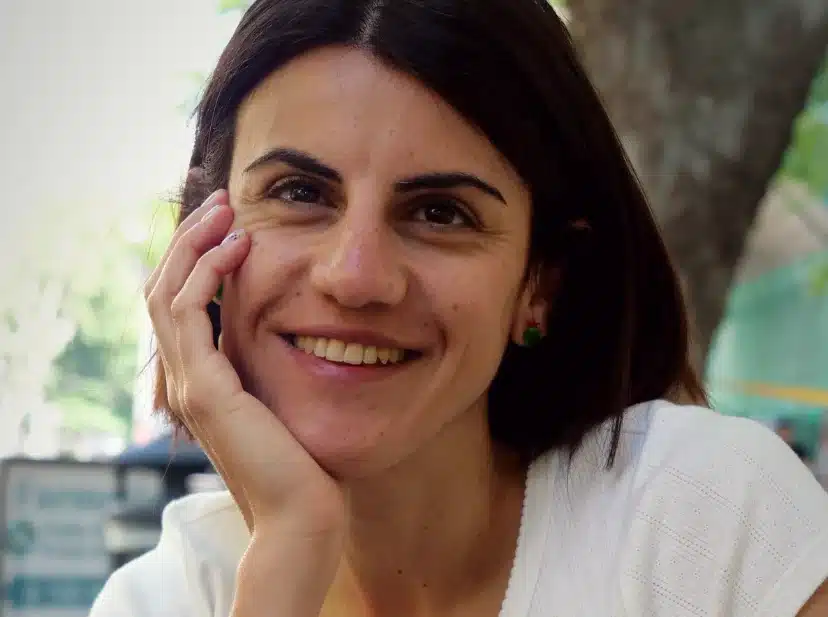Italian Verb Short Forms
In Italian, some verbs can appear in two forms: a full infinitive (essere, dovere, potere, volere) and a short form without the final -e (esser, dover, poter, voler).
The short form is used primarily:
- To make the sound smoother:
Non voglio far tardi. (I don’t want to be late.) - In compound verb forms (e.g., the past infinitive):
Dopo aver mangiato. (After having eaten.) - For stylistic reasons in literary, formal, or poetic contexts:
Sono felice di esser d’aiuto. (I’m happy to be of help.)
1. Essere vs. Esser
Essere is the full infinitive:
Essere o non essere, questo è il problema. (To be or not to be, that is the question.)
Esser is used mostly in poetry, literature, or before another verb starting with a vowel:
Sono felice di esser qui. (I’m happy to be here.)
Orgoglioso di esser arrivato fin qui. (Proud to have made it this far.)
2. Dovere vs. Dover
Dovere means to have to / must:
Devo studiare italiano. (I have to study Italian.)
Dover is used before another verb to smooth pronunciation:
Sto per dover affrontare un lungo viaggio. (I’m about to have to face a long trip.)
È frustrante dover ripetere sempre le stesse cose. (It’s frustrating to have to repeat the same things over and over.)
3. Potere vs. Poter
Potere means to be able to / can:
Posso parlare italiano. (I can speak Italian.)
Poter is preferred before another verb:
È bello poter viaggiare. (It’s nice to be able to travel.)
Spero di poter partecipare alla riunione. (I hope to be able to attend the meeting.)
4. Other verbs that follow the same pattern
- volere → voler: Voler essere felici è un buon inizio. (Wanting to be happy is a good start.)
- avere → aver: Felice di aver trovato lavoro. (Happy to have found a job.)
- fare → far: È meglio far finta di niente. (It’s better to pretend nothing happened.)
In short
The short form is optional. Its main functions are to avoid vowel collision and to improve rhythm, making a sentence sound smoother — especially in formal, poetic, or carefully crafted speech.
Examples with both versions:
- Voglio fare attenzione. / Voglio far attenzione.
(I want to pay attention.) - Sono felice di essere qui. / Sono felice di esser qui.
(I’m happy to be here.) - Spero di potere aiutarti. / Spero di poter aiutarti.
(I hope to be able to help you.) - È noioso dovere ripetere tutto. / È noioso dover ripetere tutto.
(It’s boring to have to repeat everything.)
Read more:







